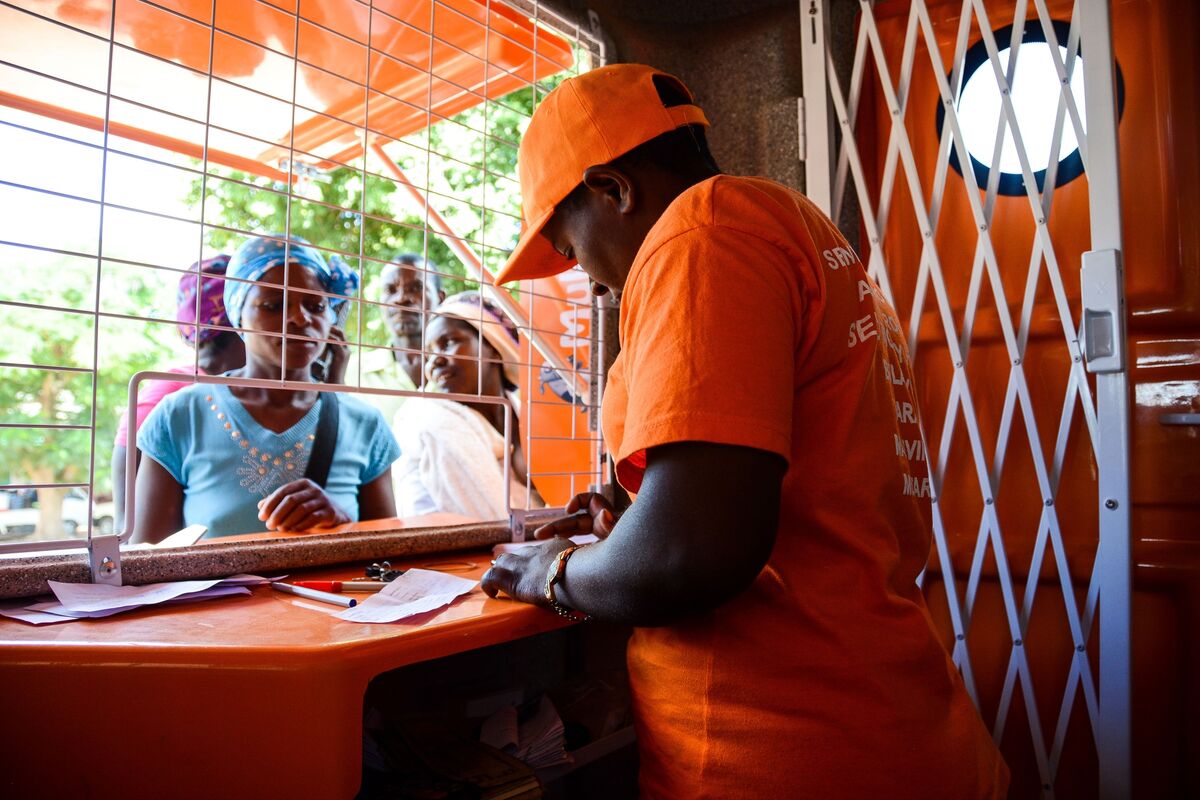Fintechs Are Airlifting Hard Currency As Zimbabweans Cling To US Dollars

Zimbabweans are holding on to their preference for US dollars, posing a challenge to the country’s newly introduced gold-backed digital currency, the ZiG. This hesitance is fueling a boom for remittance and mobile money companies that are resorting to creative ways to get physical dollars into people’s hands.
The preference for US dollars stems from the country’s tumultuous economic history. Hyperinflation in the early 2000s eroded trust in the local currency, and subsequent government actions like seizing foreign currency deposits have left Zimbabweans seeking favourable alternatives.
“The demand for dollars is massive in Zimbabwe,” said Ross Martin, commercial manager for Africa at Travelex, a leading foreign exchange firm, who spoke to Bloomberg Africa. Remittances from Zimbabweans living abroad underscore this point, surging 16% to USD 823 M in the first half of 2024 alone, according to the Reserve Bank of Zimbabwe.
Mobile money companies are stepping in to bridge the gap. Mukuru, the country’s biggest money transfer service, exemplifies this trend. The company, founded by Zimbabweans in England during the hyperinflation era, now airlifts millions of US dollars into the country every month, Bloomberg reports.
Millions of US dollars arrive on pallets, broken down and bundled into smaller packages for easy distribution. These packages reach transfer points nationwide – essentially small kiosks where recipients can withdraw US dollar remittances in cash.
“If you want to be relevant in the African fintech space,” said Andrew Jury, Mukuru’s CEO, “you have to cater to the need for both digital and physical cash transfers.” This “on-and-off-ramps” approach is crucial in a market where trust in digital currencies remains low.
Mukuru’s success story isn’t isolated. Competitors like Mama Money are witnessing similar trends. “Fintechs in Africa are far more adaptable than their counterparts elsewhere,” said Mathieu Coquillon, co-founder of Mama Money. “We face challenges like power cuts and regulatory shifts that our peers wouldn’t typically encounter.”
While mobile money companies are providing a vital service, the Zimbabwean government is eager to promote the ZiG. So far, efforts have been unsuccessful. With 80-85% of transactions still conducted in US dollars as of April 2024, scepticism towards the ZiG remains high.
The path forward for Zimbabwe’s financial sector is uncertain. Mobile money companies are likely to retain a strong position as long as the demand for physical US dollars persists. The government, on the other hand, faces an uphill battle in convincing its citizens to adopt the ZiG.